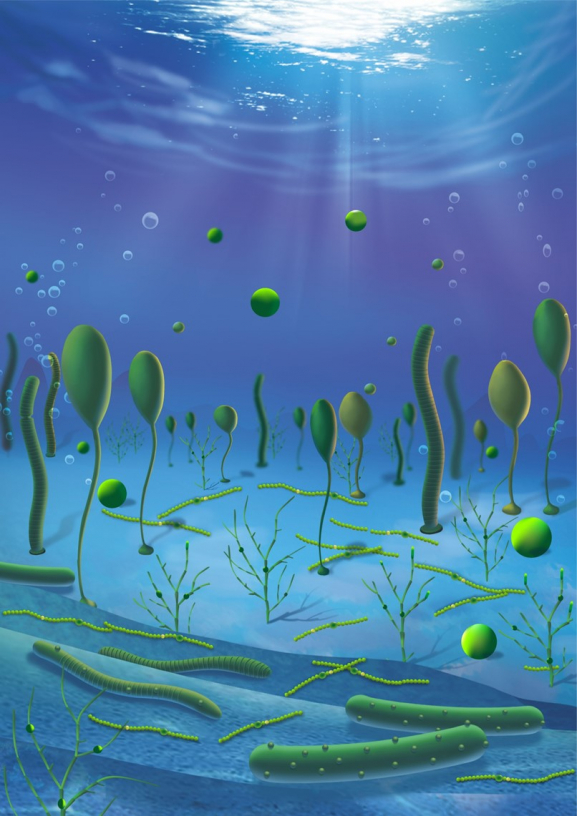 HKU Department of Earth Science
HKU Department of Earth Science
Seminar

When life got big: A perspective from 1-0.8 Billion-year-old fossils in North China
-
Date
November 22,2022
-
Time
3:30PM -4:20PM
-
Venue
JL104
-
Speaker
Dr. Qing TANG Department of Earth Sciences, HKU
Macroscopic organisms, particularly eukaryotes, are major components of modern ecosystems. But when and how eukaryotes grow into macroscopic remains elusive. Modern biological data show that eukaryotes can become big either by means of multicellularity or coenocytism (i.e., unicellular with multiple nuclei). Thus, whether multicellularity or coenocytism was the priority in early eukaryote evolution has been a tempting topic in evolutionary biology and paleontology. In this talk, I will present our ongoing studies which have discovered diverse carbonaceous compression macrofossils from the early Neoproterozoic sequences in North China. Our data show that although multicellular and unicellular macroscopic eukaryotes have already become diverse in 1-0.8 Billion years ago, coenocytic eukaryotes outcompete multicellular eukaryotes in terms of body size and ecosystem niche occupation, illustrating an evolutionary advantage in the early evolution of eukaryotes.
Additional information: Dr. Qing TANG, qingt@hku.hk
